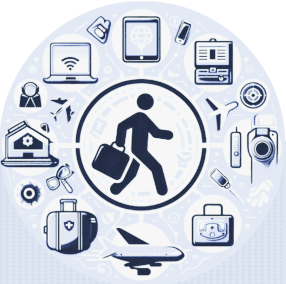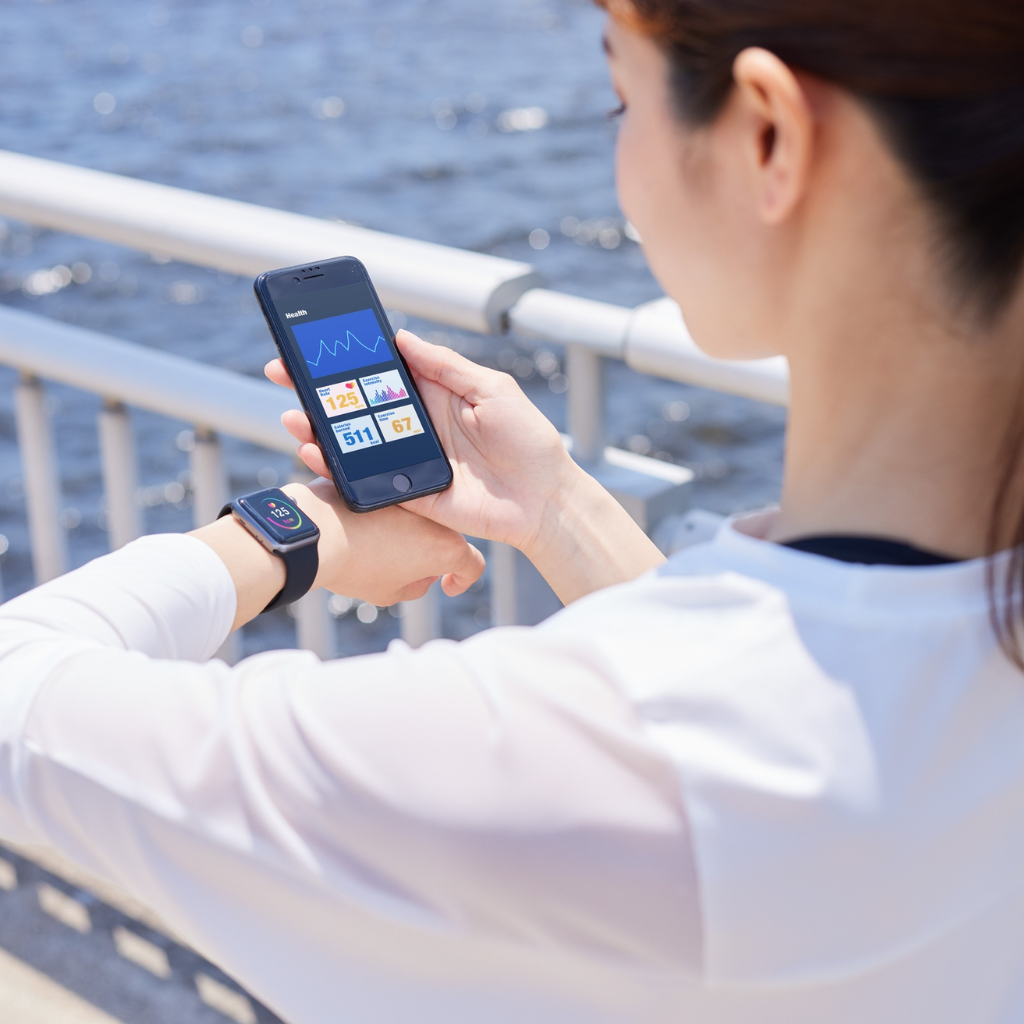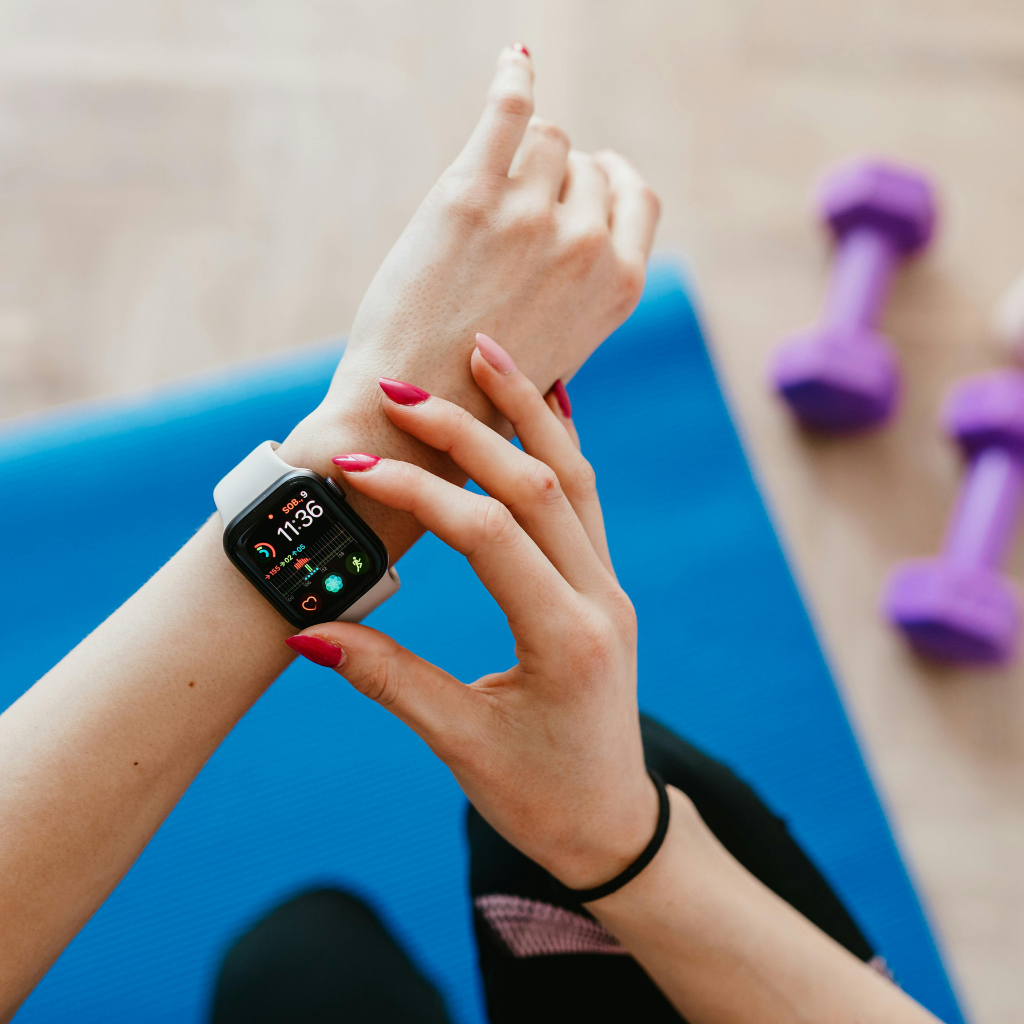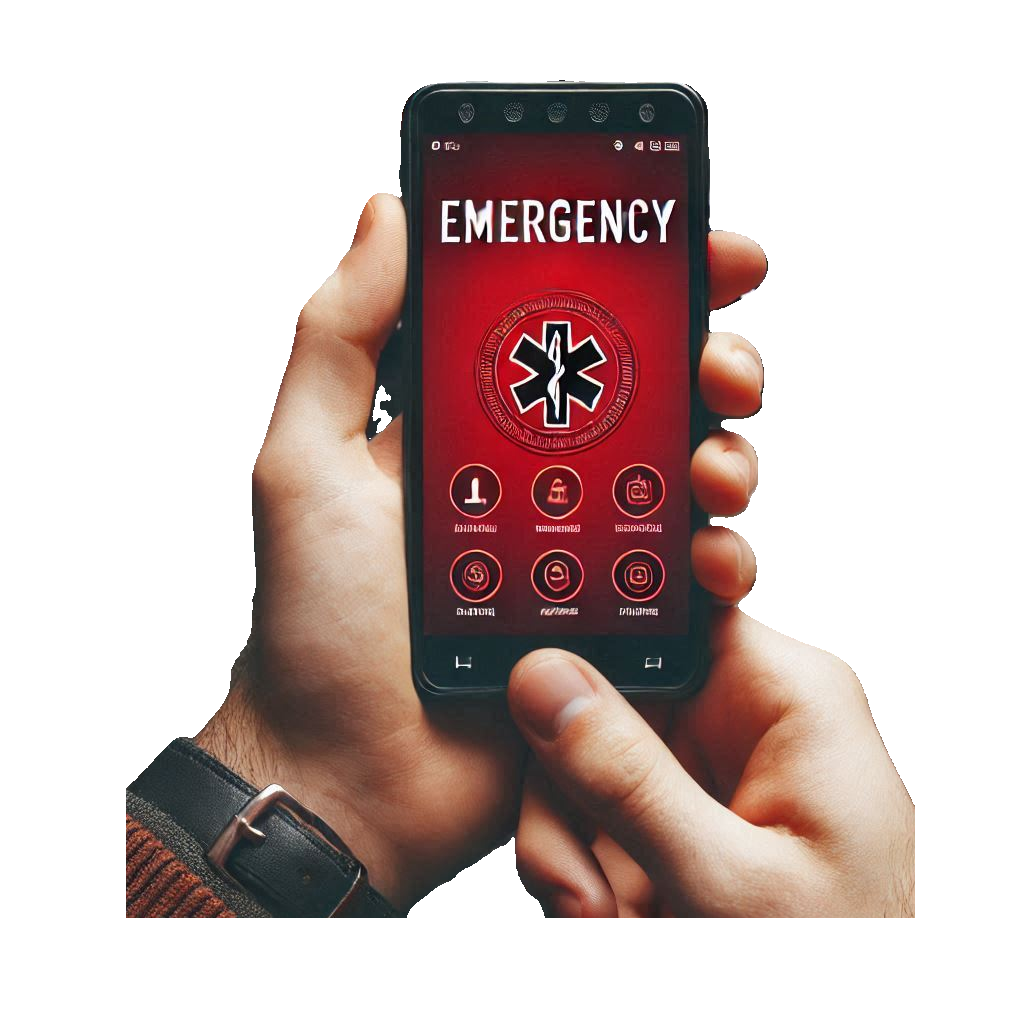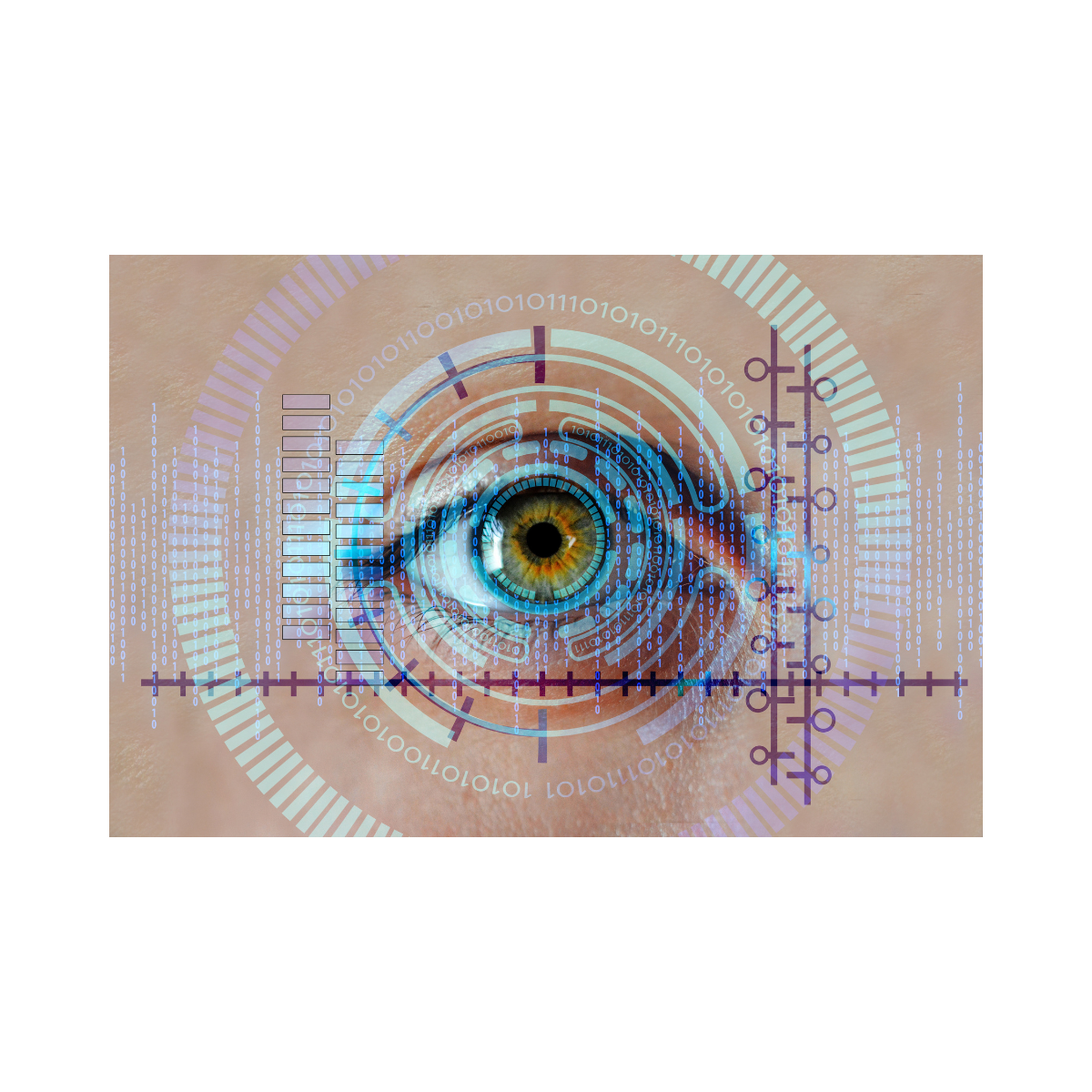This post contains affiliate links. If you purchase through these links, I may earn a commission at no extra cost to you.
Remote health monitoring sounds a bit like something out of a sci-fi movie, but it’s very much a part of today’s travel scene. It means keeping tabs on your health using tech, whether you’re trekking through the Himalayas or chilling on a beach in Bali. This setup helps you stay on top of things like heart rate, sleep quality, and overall wellness without needing to constantly hit up a doctor’s office.
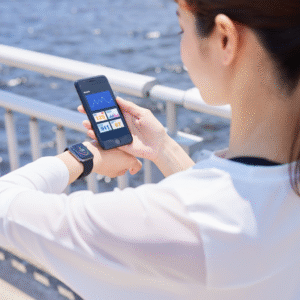
Traveling can be unpredictable, from flight delays to picking up a local bug. That’s where remote health monitoring steps in. Imagine a smart device that’s like having a mini doctor in your pocket. It notifies you to drink water when you’re dehydrated and tracks your location to alert you to nearby medical facilities if something’s up.
Trends show more travelers are embracing this tech. There’s something comforting about having solid health data at your fingertips. Plus, it caters to that travel bug when you just want to hit the road without worrying too much about the what-ifs.
Did you know that nearly 60% of frequent travelers, according to recent surveys, are using some form of remote health services? Gone are the days of blindly booking trips, hoping you’ll stay in tip-top shape. With remote monitoring, you’ve got a safety net that watches your back, letting you focus on the adventure. Here are some top products to consider:
SteriPEN – Compact handheld ultraviolet light (UV) water purifier
Lewis N. Clark – Leader in travel & outdoor gear for over 30 years
Travel Blue – Developing the most versatile range of travel accessories in the world
Lifeline First Aid – Prepare for any emergency with high-quality first aid kits, road kits, and survival kits
Safe & Secure Travel – A Wide variety of on-the-go medical devices to stay safe and secure
Benefits of Remote Health Monitoring for Travelers
Being on the road is fun, but staying healthy while doing it is even better. Remote health monitoring can be like your best travel buddy, keeping an eye on your well-being so you can focus on exploring new places. Say goodbye to worries about unknown foods or erratic sleep schedules because these tech helpers ensure you stay on track with your health goals.
One of the cool things about this tech is how it makes healthcare super personal. It’s not just about numbers; it’s about understanding what’s normal for you and spotting when something’s off. Whether you need to adjust your activity level or tweak your hydration, remote monitoring gives you the insights to make real-time changes.
The last thing you want when you’re far from home is a health scare. But stuff happens. With remote health monitoring, quick medical responses and interventions become possible without unnecessary panic. Smart devices can alert you or a medical professional instantly if something’s not right, saving precious minutes when it counts the most.
Besides, knowing someone or something is watching out for you brings peace of mind—not just for you, but for your loved ones who might be a bit jittery about your globetrotting lifestyle. They can rest easy knowing that no matter where you are, you’re not alone in this health journey. It’s like having a silent partner—not intrusive, just quietly reassuring.
Key Technologies in Remote Health Monitoring
With health tech booming, travelers have a swag bag of gadgets at their disposal. Wearables are among the trendiest tools around. Think about it: smartwatches and fitness trackers that do more than count steps. These devices monitor heart rates, track sleep patterns, and even send reminders to take a breather if you’re pushing too hard.
Mobile apps have revolutionized the way travelers manage their health. Telehealth apps, for instance, are like having a doctor on speed dial. No need to rush to a clinic for every little concern—just fire up the app and get advice right on your screen. From virtual check-ups to health tracking, these apps make managing your wellness a breeze.
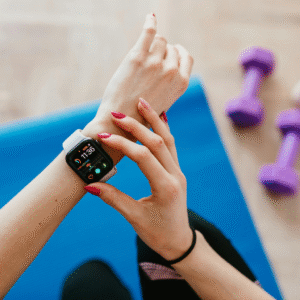
Another handy tool in the health tech arsenal is health management platforms. These collect and analyze your health data, serving up insights and personalized reports. You get a snapshot of your well-being and can make informed decisions to keep things in check.
And tech isn’t slowing down. Innovations are always popping up, making it easier to integrate health monitoring into your travel routine. From more advanced wearables to AI-driven insights, the landscape is evolving fast, aiming for precision and simplicity in health management.
How to Implement Effective Remote Health Monitoring While Traveling
Taking care of your health on the go doesn’t have to be a chore. With the right setup, remote health monitoring can fit seamlessly into your travel routine. To start, picking the right devices and apps is key. Look for ones that suit your specific health needs and have features that you’ll actually use. Think practical and reliable, not just trendy and flashy.
Security is critical when handling personal health data. You’ll want to ensure that your gadgets and apps have solid privacy measures. Stay on top of updates and steer clear of unsecured networks when managing your health info. It’s all about keeping your data safe while you’re enjoying your travels.
Establishing a regular health routine is another great tactic. Maybe it’s a simple check-in with your smartwatch in the morning, or using an app to log meals and symptoms. Making these check-ins part of your travel habits means you’re more likely to stick with them, even when you’re busy exploring.
Hearing from other travelers can give you a boost of confidence, too. Many have shared how remote health monitoring made their journeys smoother and more enjoyable, allowing them to focus on their adventures without constantly worrying about their health. Their stories remind us that with the right tools, maintaining health isn’t a hindrance—it’s an enabler for experiencing the world.
